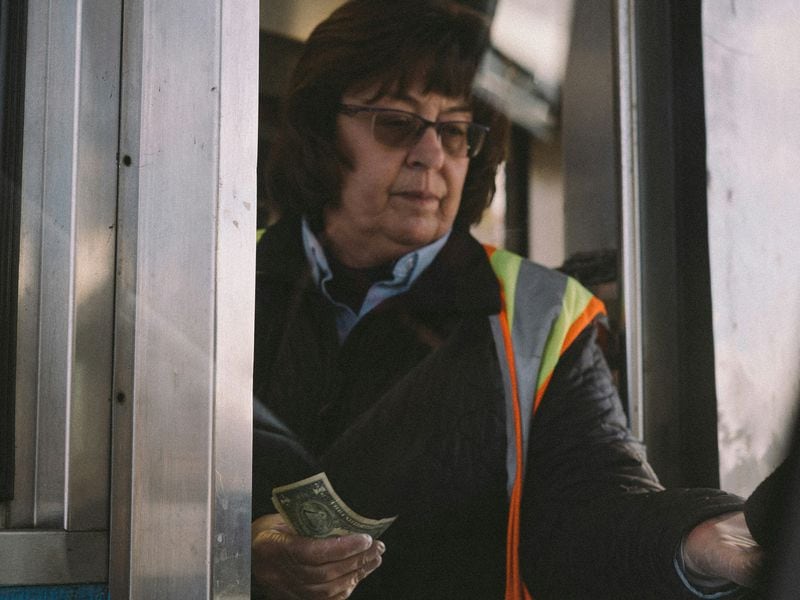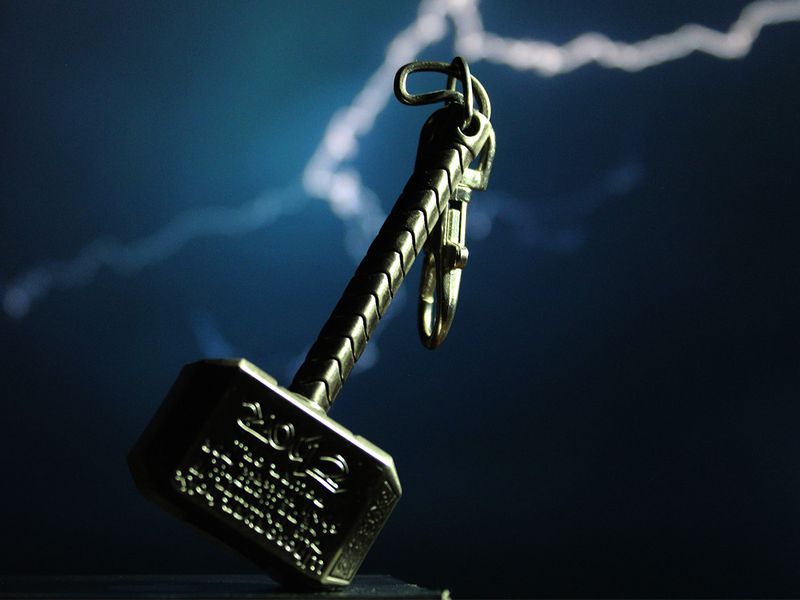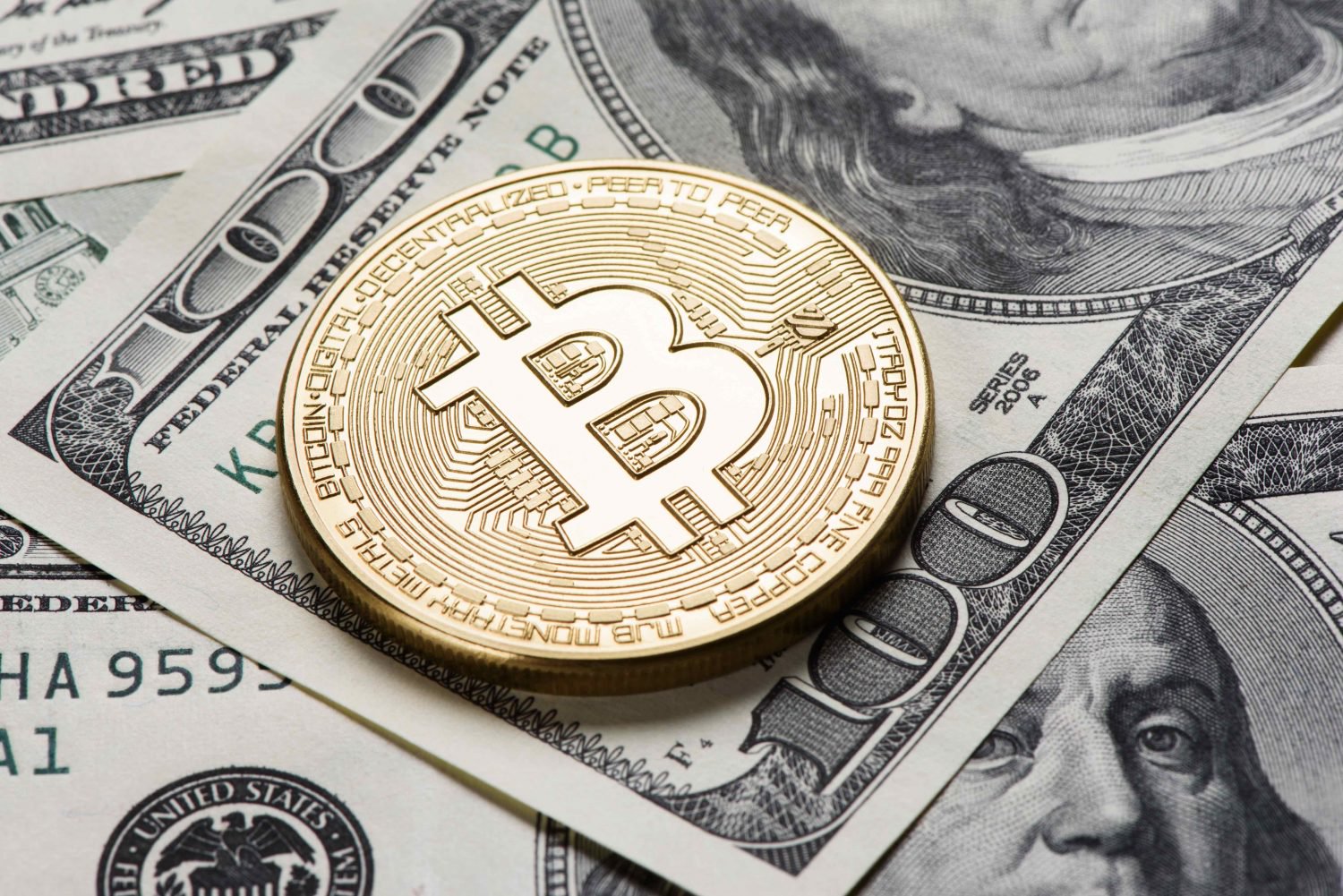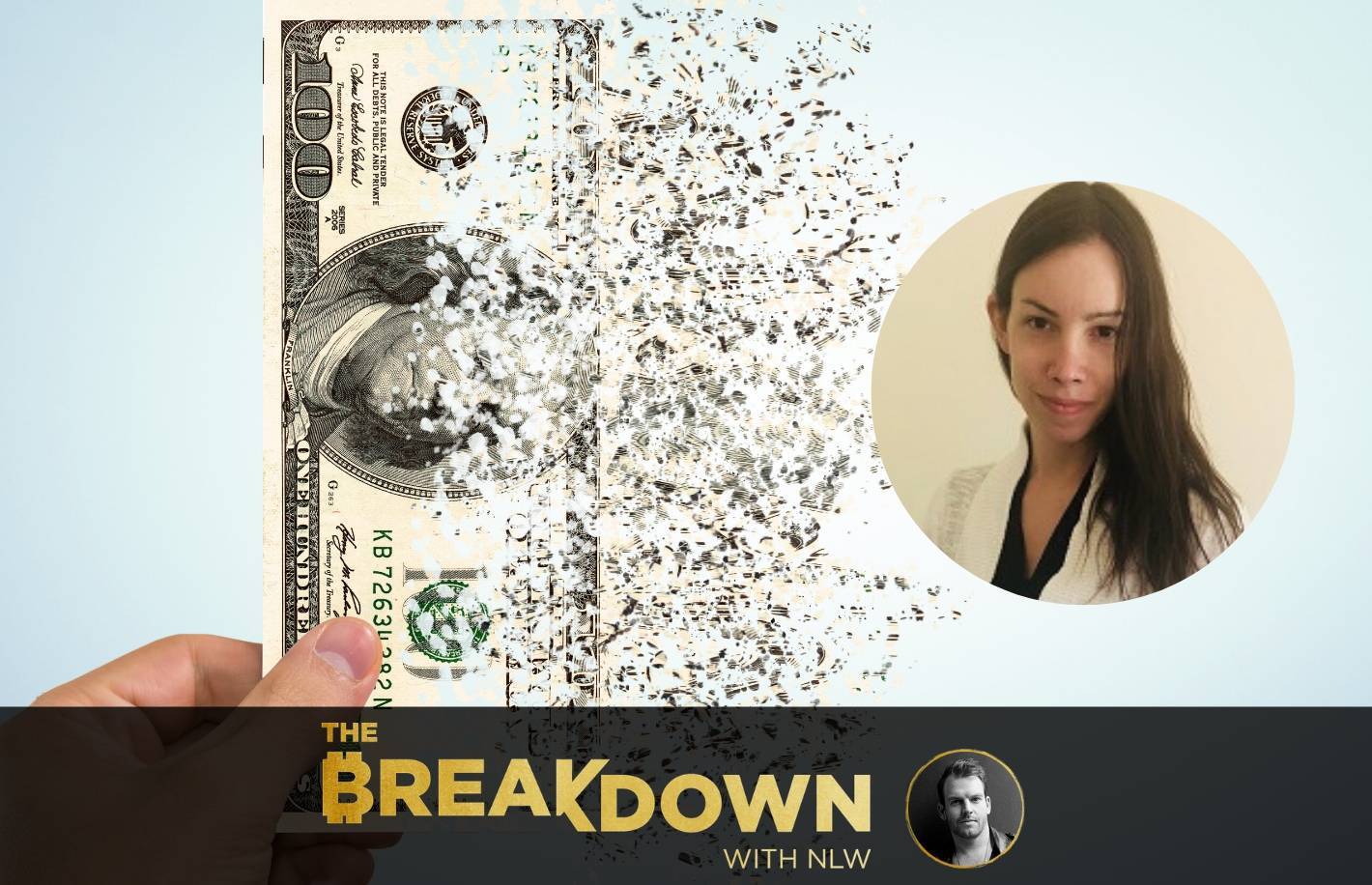Yields of 25% to 42% Lure Lenders Back to DeFi Platform bZx
bZx stickers at EthDenver via John Biggs/CoinDesk
Lenders and depositors are coming back to bZx because the decentralized protocol for margin trading is offering significantly higher yields on ether deposits compared to its peers.
The total number of ether (ETH) locked in bZx increased to 24,711 on Thursday, having jumped by over 20 percent from 17,739 to 21,514 on Wednesday, according to data site DeFi Pulse.

The 41.7 percent rise in deposits seen over the two days could be attributed to higher rates. The yearly interest rate a user would earn by lending ether on the bZx-powered Fulcrum platform stood at 41.9 percent on March 3, as per Consensys’ Codefi data.
“Yes, our high yields are attracting lenders,” bZx founder and CEO Tom Bean told CoinDesk. “Two weeks have also passed since the attacks, so lenders have some degree of comfort in starting to use the platform again.”
Meanwhile, other platforms such as Aave and Compound were offering meagre yields of 0.06 percent and 0.01 percent, respectively. Investors, therefore, flocked to the high-yielding bZx protocol, boosting liquidity and pushing down the rate of return on lending.

The yearly interest rate has now dropped to 24.5 percent from Wednesday’s 41.9 percent, but is still offering at least 24 percentage points more than Aave and Compound. So, the number of ETH locked on bZx could continue to rise.
Why are rates so high on bZx?
The decentralized finance (DeFi) lending protocol was exploited in consecutive flash loan attacks in February, following which users rushed for the exits, draining liquidity and pushing rates higher.
The first attack, which took place on Valentine’s Day (Feb. 14), saw a hacker walk away with a $350,000 profit. Four days later, on Feb. 18, a hacker launched another attack on bZx and pocketed $630,000.
The total number of ethers locked in bZx dropped from roughly 27,000 to 23,000 after the first attack, while the annual interest rate spiked from 0.07 percent on Feb. 14 to 98.18 percent on Feb. 16.

With the surge in interest rates, the amount of ether held as deposits rose from 23,000 to 40,800 by Feb. 18, only to fall back to 23,000 following the second attack. The number slipped further to 17,500 at the end of February.
The annual interest rate remained in the narrow range of 40 to 42 percent in the two weeks to March 2, before falling to 25 percent on Thursday. If the deposits continue to rise, rates could soon fall back to levels seen before the Feb. 14 attack. The amount of ether in bZx is still about 20 percent lower than pre-exploit levels.
Free market mechanics
The DeFi space is truly decentralized where interest rates are determined by forces of demand and supply and not by a centralized authority like the U.S. Federal Reserve.
In such an environment, interest rates are purely the price for loanable funds, determined by the interaction between the supply of funds available for lending and the demand for those funds borrowed.
In bZx’s case, the annual interest rate surged as investors withdrew ether deposits, causing supply shortage. However, rates subsequently dropped with the rise in deposits and liquidity on the platform.
Disclosure Read More
The leader in blockchain news, CoinDesk is a media outlet that strives for the highest journalistic standards and abides by a strict set of editorial policies. CoinDesk is an independent operating subsidiary of Digital Currency Group, which invests in cryptocurrencies and blockchain startups.









